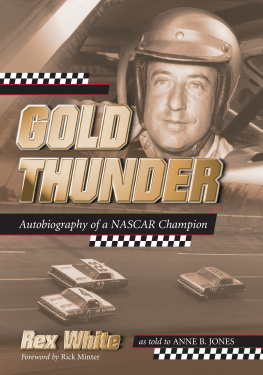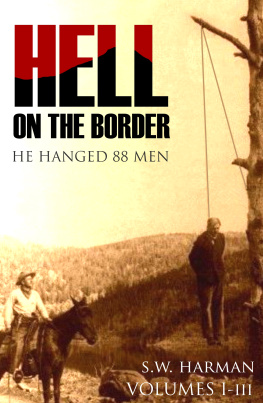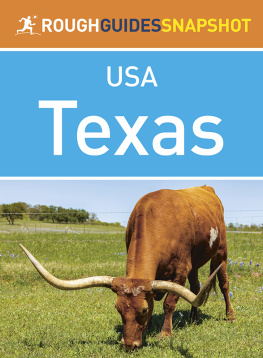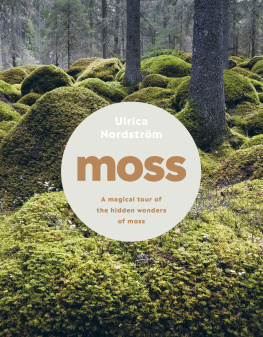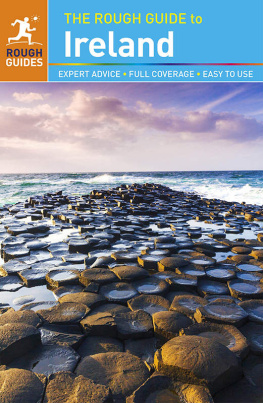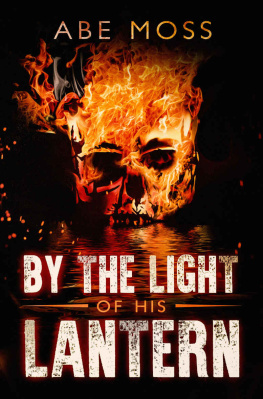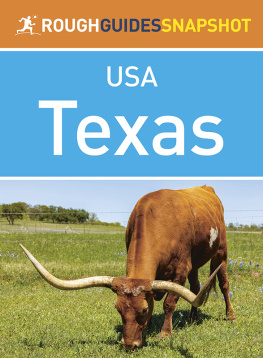This edition is published by BORODINO BOOKS www.pp-publishing.com
To join our mailing list for new titles or for issues with our books borodinobooks@gmail.com
Or on Facebook
Text originally published in 1954 under the same title.
Borodino Books 2017, all rights reserved. No part of this publication may be reproduced, stored in a retrieval system or transmitted by any means, electrical, mechanical or otherwise without the written permission of the copyright holder.
Publishers Note
Although in most cases we have retained the Authors original spelling and grammar to authentically reproduce the work of the Author and the original intent of such material, some additional notes and clarifications have been added for the modern readers benefit.
We have also made every effort to include all maps and illustrations of the original edition the limitations of formatting do not allow of including larger maps, we will upload as many of these maps as possible.
ROUGH AND TUMBLE
THE AUTOBIOGRAPHY OF A WEST TEXAS JUDGE
BY
WILLIAM PAUL MOSS
1
THEY say that if you see Naples in Italy, you can die. Not having seen that city, it is difficult for me to say whether it would cause me any death.
But there should be another unwritten law: that if you see Texas, you want to live. And if youve never seen Texas, then you neednt go on living, for you dont know what living is really like.
They were talking about Sam Houston and a place called the Alamo when I was introduced to the world. Texans didnt know, then, that they were soon to be given a replacement. Well, they still talk about the Alamo, but they havent yet discovered the replacement. However, Ive discovered just what Sam Houston was fighting for. Texas is like anything else. You come there hoping to take it in your stride. After a while you learn that Texas has taken you in its stride, and brother, where I come from, thats a pretty big honor.
Ever since I can remember, Ive been struggling. I was always going around with a chip on my shoulder, looking for someone with a bigger one to knock mine off. That spiritto face great odds without fearseems to have reached out, and the tail end of it is tied to the westernmost part of Texas. Perhaps thats why I claim that if you see Texas you want to live...and although I may be a bit biased (since Texas, big and brawling, and myself have a lot in common) I reckon youll be agreeing with me before this is all over.
I remember that when I was a child they gave me a great big toy Easter egg for a birthday gift. You open up the biggest egg and inside find a smaller one. You keep on until you reach the last eggand within its tiny enclosure you find a bit of gold. That, too, lived within me, and when I first explored Texas, it was like opening up the egg again. Only here the gold was mine, all around me.
If the chip were still on my shoulder I would say that I discovered Odessa; but for propriety, lets say it discovered me. The streets arent paved with gold...they dont need to be. When I first came to Ector County, in the extreme west of Texas, there wasnt much of an Odessa. There wasnt much of me, either, but with the years weve grown to love each other and, like anything else you love, its hard to be away from.
I dont usually tell this to everybody. Ive lived here so long on my ranch that people generally come to regard me as native-born. But North Carolina has that distinction. (And it is Western North Carolina, at that.)
The little farm that was my playroom was nothing pretentious. We raised mostly wheat, rye, and vegetables. There was cabbage because Grandpa Moss had a fondness for it which he tried to force on me, but my belligerent nature wouldnt permit it. There were a few hogs, and after they were taken care of, I used to roam the limits of my little world. Grandpa has long since gone...so have a lot of other things. But if you go down near Tusquitee Valley and ask for Preacher Mosss site (he was a part-time Baptist missionary), you can still see the Hiawassee River. It flows out of North Georgia through the county of Towns, winds its way through the Unaka Mountains, which separate North Carolina and Tennessee (Sam Houstons birthplace), and flows on until it becomes a part of the Tennessee River.
We were located right smack cadab in the center of Tusquitee Valley. Grandpa helped build a road over the mountains to the east and grabbed himself about seven hundred acres of land. Somehow we lost a couple of acres during a transaction when the land was shared with his son, my father. But there were no regrets, since we had what they call first and second bottom land. The first bottom joined the creek on the south; the second, which was no more than a few acres, was on the tablelanda flat place overlooking the first bottom.
I always suspected Grandpa of pulling a fast one on me. He never failed to go searching for lost souls during the hottest summers or the coldest winters. Invariably some parishioner would rebuke him for venturing out in such weather and invite him to stay over for at least a week or two until it was again fit for him to go in the way of the Lord. And if it was winter while he was saving souls, he ignored the one he almost lostthe one he left behind to feed the hogs and milk the cows. If ever my shoulder chip was begging to be knocked off it was when the milk squirted in the pot while the cow flicked her tail in my face. I think now I understand that she suffered, toothe discomfort of icy fingers. If she could have understood the oaths that accompanied each predawn visit, she would have blushed; that is, if animals have a sense of decency.
But I loved Grandpa, for all his ways, and he did right by all his children. When he died and Papa took his place in the missionary field, Papa was alert enough to ease my burdens during the winters.
Papa married Mama rather late in life; but you must remember that in those days, eighteen for a girl was considered old-maidish, and many a father had turned twenty by the time his second child was born. You never saw two people who had so much in common. They loved their home, their family, their cropsbut when it came to God, well, Mama was a Methodist and paid the Methodist preacher. Papa was a Baptist and paid the Baptist preacher. The Baptist church was just across the draw, east of where we lived, the Methodist, up the valley, perhaps a mile and a quarter east of the Baptist one. Naturally, each Sunday Mama went her way and Papa his. Whenever in a bad mood (which was rare) Mama would say: Paulie, I guess when your father and I get to Heaven, hell go to one end and Ill be at the other.
But from what I know of Grandpa, he would probably have joined them together or kicked them both out.
Our pride and happiness couldnt be equalled by any other family in that region or anywhere else in the countrythat is, except Texas, where people are happier than any other place. Youll soon find out why.
Now, my parents had just about everything there is to have in common. Both had ancestors who fought in the Revolutionary War and distant uncles who fell when the Confederacy did.
I can still hear Mama saying to Papa, on a churchgoing day, when he was trying to win her over to his side: I guess your stubbornness must come from a Yankee. Are you sure one of your ancestors didnt sneak out of battle to marry a Northerner?




